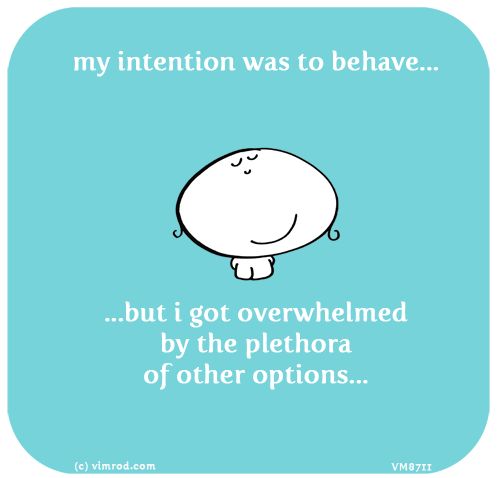Do introverts get overwhelmed easily
How to Manage Overwhelm as an Introvert or Highly Sensitive Person
Overwhelm can happen to anyone, but it’s a bit more common for introverts and highly sensitive people to find themselves in an overwhelming situation.
If you’re an introvert, you’re naturally wired to lose energy when socializing or in busier environments. Once you max out, you’re much more likely to find these situations overwhelming if you can’t get out and recharge. (For more on Introverts, check out this post.)
And if you’re highly sensitive, you’re nervous system is wired to be more sensitive than the average person. This means lights are brighter, sounds are louder, and the longer your nervous system is overstimulated, the more likely you are to find yourself overwhelmed. (For more on highly sensitive people, check out this post.)
Let’s take a look at how you can recognize overwhelm and how to manage overwhelm as an introvert and highly sensitive person.
Recognizing overwhelm
I can only speak from my own experience on this, but from conversations I’ve had with other introverts and HSPs, this seems to be true for many of us.
For me, overwhelm presents a lot like anxiety. But there are a few distinguishing features.
Anxiety about typically low-grade irritations or concerns
One sign that I’m overwhelmed is when little day-to-day or situational stressors feel a little bigger than they are.
For instance, several years ago, I found myself in a situation where I was changing careers and I had a couple of months in between when my old job ended and my new job began. I had enough savings to bridge the gap, but I still didn’t love seeing money going out with no money coming in.
Most of the time, this was a pretty low-grade concern; it wasn’t comfortable, but I knew it was temporary and it wasn’t something that preoccupied me. However, on days where I was overwhelmed, this felt like a much bigger issue than it was.
Fun changing over to anxiety or a desperate need to go home
I also know I’m overstimulated and overwhelmed when I start out enjoying an activity and then get anxious as the event wears on for seemingly no reason.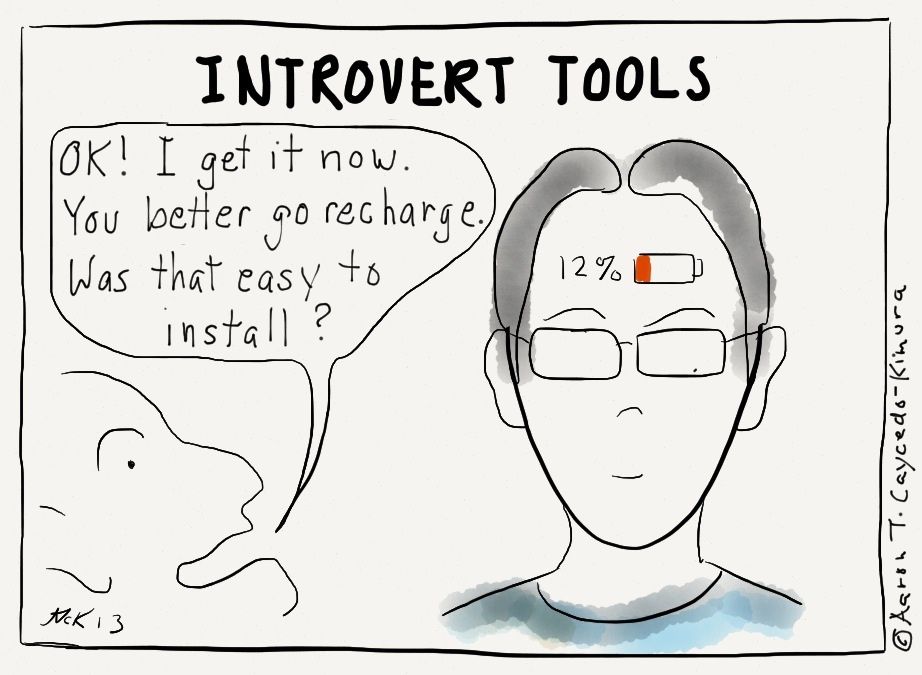
Sometimes I can be out with friends or family, and having a good time. But if we’re in a crowded place for an extended period of time, I’ll suddenly feel like I need to go home.
And if we happen to be away/in a hotel situation, and I can’t actually go home and be alone, I may start to feel anxious.
The fact that I started out enjoying myself and that enjoyment changed over when nothing negative happened, lets me know I’m probably overwhelmed and overstimulated.
The memory isn’t anxiety inducing
In the past, I used to think New York City gave me anxiety. My experience had been primarily day trips that included a large group bus ride, crowded theaters and restaurants, and plenty of time in loud, bright, and crowded Times Square.
By the end of the trip, I often found myself seemingly anxiety-ridden and desperate to get out of the city.
But between trips, the thought of New York City didn’t make me feel anxious the way things that actually give me anxiety do (like having to make a phone call, for instance. ) In fact, I often thought, “yeah, I think I’m ready to do that again.”
) In fact, I often thought, “yeah, I think I’m ready to do that again.”
This made me question if I was really anxious or if there was something else going on.
I get into this a lot in this blog post about the difference between anxiety and sensory overload, so check that post out for more. But ultimately, I realized I was overwhelmed in the past, not truly anxious.
I’ve gone back to NYC several times since with a plan to reduce my overwhelm, and I haven’t had an issue.
How to manage overwhelm
Remove yourself
If you’re overwhelmed, there’s something in the environment that’s too much for you. If at all possible, get yourself out.
This can mean go home if you know you’ve had enough. But it can also mean just stepping out for a breather. If you’re at a party, finding a quiet room can help. Going outside is also often a good option.
Fifteen minutes to recharge and/or calm your nervous system can make a big difference.
But if you max out before you realize you’re overwhelmed, leaving all together may be the better option.
Try to control sensory input
If you can’t leave, try to control the sensory input where you can.
For instance, when I was on those New York trips in the past, I relied on music and my headphones.
Yes, this is obviously still some stimulation, but I’ve found the controlled sounds coming from my headphones are less overwhelming than the random and ambient sounds coming from my environment.
It can also help to close your eyes and reduce visual stimulation. (My bus rides home from New York where always headphones on, eyes closed.)
This can also act as a nice do not disturb sign and keep people away from you.
Meditate
If you can get to a quiet place or use headphones, meditating can really help.
Mediation can help with anxiety because it helps to calm your nervous system. Because overwhelm can present as anxiety, it can have a similar effect.
My favorite mediation app is Calm, but I have friends who also love Headspace.
If you’re new to meditation, you can also find plenty of free meditations from a YouTube search.
Sleep
Sleep is a magical elixir when you’re overwhelmed and overstimulated.
Socializing to the point of overwhelm can be exhausting for introverts and HSPs alike. It means we’ve maxed out our energy reservoir and/or our nervous system has been pushed beyond the brink of high alert.
Sleep allows you to recharge and your nervous system to shut down for a little while so you can reset.
This is especially crucial in more extreme cases.
Take time to recover
If you’ve found yourself in a place of overwhelm, it’s really important that you take time to recover. For me, this usually means a day to myself for more extreme cases. It can also mean a few hours to myself or an early bedtime, depending on the situation.
What helps you recover may look different, but taking the time is going to be really beneficial for you, your productivity, and everyone you come into contact with.
Looking for more tips on how to manage your introverted life?
If you want more tips and tricks on how to manage your introvert life and build plenty of healthy introvert habits, check out the Introvert Life Guide!
This guide was designed to help you build the introvert life of your dreams.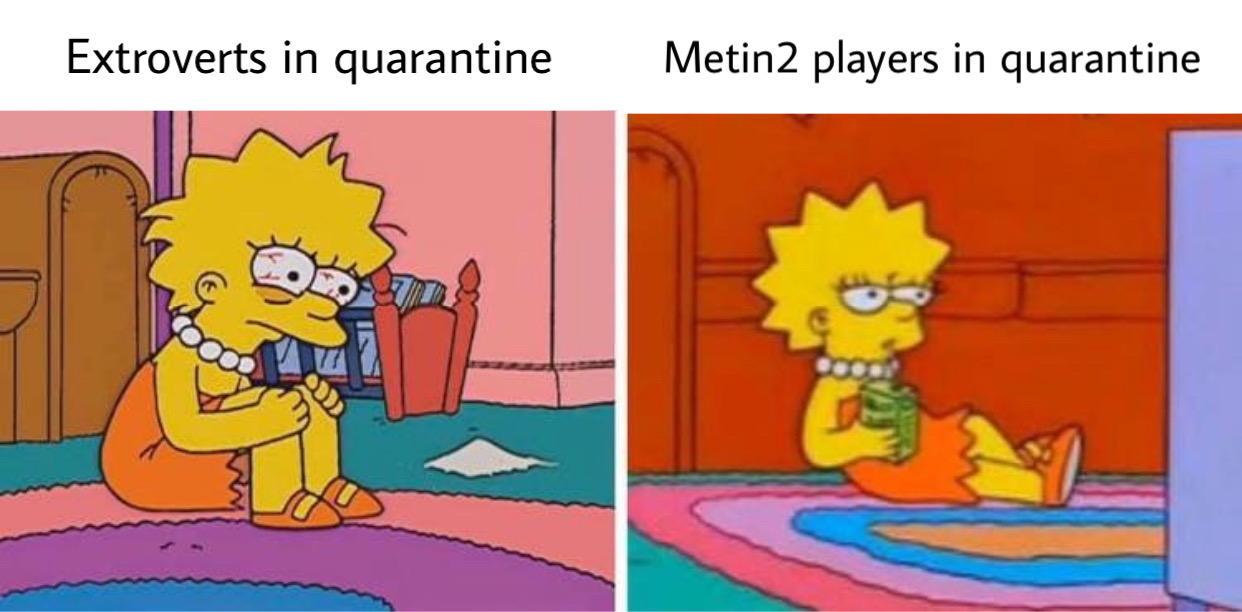 And it’s full of plenty of tips, tricks, and ideas to help you create an introvert life that’s uniquely yours!
And it’s full of plenty of tips, tricks, and ideas to help you create an introvert life that’s uniquely yours!
It will also help you embrace your introverted nature and build a life to help you thrive!
For more introvert life tips, check out the other introvert posts!
Sound off: What helps you when you’re overstimulated? Tell us about it in the comments!
13 Problems Only Highly Sensitive Introverts Will Understand
Sometimes life is just too much.
If you’re a highly sensitive introvert, you know that everyday life can sometimes be a real struggle. Little things that don’t bother other people have the power to completely overwhelm you. And what may be a minor irritation for some can easily send you into a panic or reduce you to tears.
Why is this the case? Because highly sensitive people (HSPs) process every little stimulus quite deeply, due to a biological difference in their nervous system. They think about things deeply, feel deeply, and care deeply — and as a result, get overwhelmed more easily.
Both introverts and extroverts can be highly sensitive, but the majority of HSPs are introverted (about 70 percent). When you’re both an introvert and an HSP, it can feel like a one-two punch. You not only get stressed out by environmental things like bright lights, bustling activity, and loud noises, but you also have a shorter “battery” for socializing and being around people in general.
Are you a highly sensitive introvert? If so, you can probably relate to these 13 problems.
1. A lack of volume control
Concerts, movie theaters, or even your neighbor’s late-night music can be loud. While no one likes having their ear drums blasted, for highly sensitive people, noise can feel like a full-on assault on their senses. The problem is made worse when you have no way to control the volume — and when other people don’t seem bothered by it at all, making you feel like the “difficult” one.
2. Little sleep = hell
Whether it’s making small talk to the point of feeling drained or just having a busy day at work, life can be exhausting for both introverts and highly sensitive people.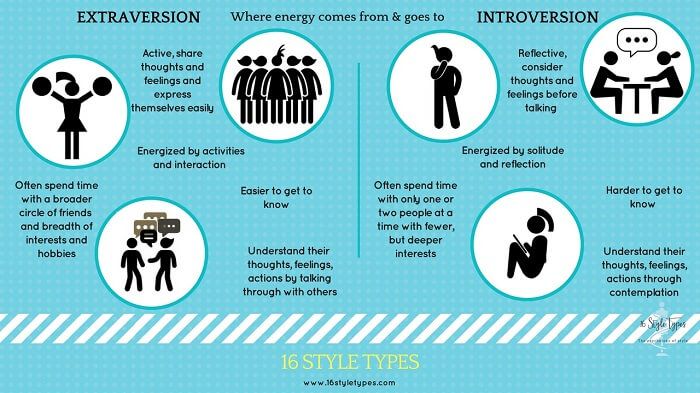 It’s not unusual for them to feel quite tired and mentally fatigued at the end of the day, and they may even need more sleep than others. When they don’t get that sleep, they miss their opportunity to rest and reset their senses. For the highly sensitive introvert, running on little sleep can feel like the very definition of hell — every little irritation is ratcheted up exponentially.
It’s not unusual for them to feel quite tired and mentally fatigued at the end of the day, and they may even need more sleep than others. When they don’t get that sleep, they miss their opportunity to rest and reset their senses. For the highly sensitive introvert, running on little sleep can feel like the very definition of hell — every little irritation is ratcheted up exponentially.
3. Frequent emotional exhaustion
Is your significant other stressed? Suddenly you’re feeling stressed, too. Is your best friend or child sad? You feel sad, too — even though your day was going fine. Many highly sensitive people absorb the emotions of others. Rather than just sensing what someone else is feeling, they actually start feeling it themselves. And what’s more emotionally exhausting than carrying the burden of your own feelings, plus those of someone else?
4. Having a strong, unexplainable reaction to both violence and beauty
No one loves violence and cruelty, but HSPs absolutely abhor it. Watching a very scary or gory movie may make them feel sick. Similarly, they may not be able to watch, read, or listen to shows, books, or podcasts about certain triggering topics (like animal cruelty or other similar brutal acts).
Watching a very scary or gory movie may make them feel sick. Similarly, they may not be able to watch, read, or listen to shows, books, or podcasts about certain triggering topics (like animal cruelty or other similar brutal acts).
But the opposite is true as well. HSPs often have very strong positive reactions to thoughtful or inspiring movies, books, music, or art. It may move them to tears or simply leave them thinking about it for days. If you’re an HSP, you wonder why other people don’t react to beauty and emotion like you do. You often want to talk about your thoughts and reactions, but you don’t, because you know others won’t see it the same way you do — and this feels isolating.
5. Overanalyzing every little word and gesture
Highly sensitive introverts notice little things that others miss. A lot of little things, especially when it comes to other people. They notice when someone’s tone of voice doesn’t match their words. They notice when someone won’t meet their eyes when answering their question.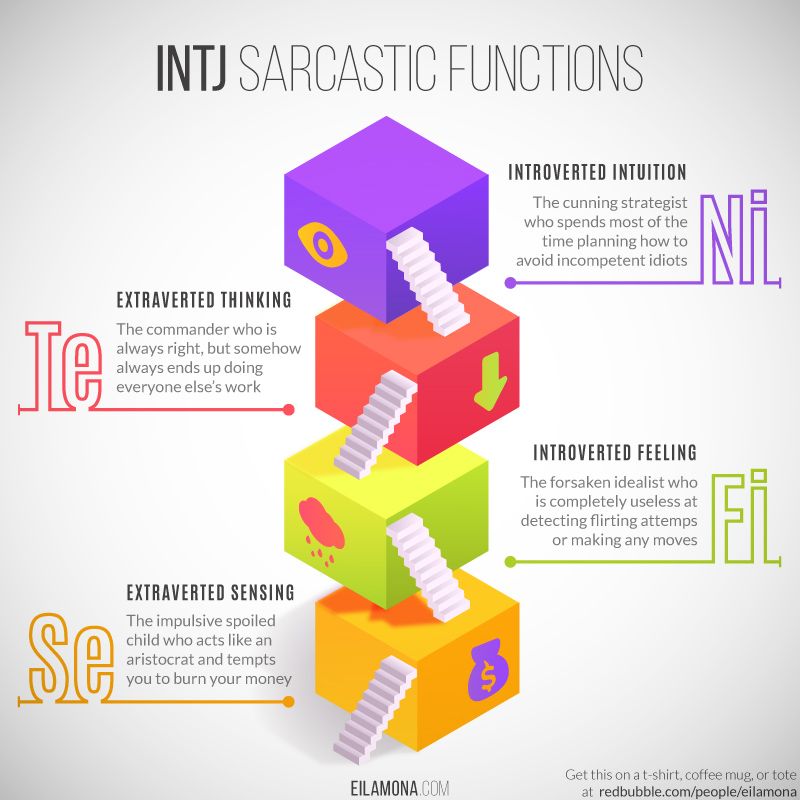 And they often find themselves launching into an agonizing over-analysis after the interaction, especially if they suspect the other person wasn’t being honest or is upset with them.
And they often find themselves launching into an agonizing over-analysis after the interaction, especially if they suspect the other person wasn’t being honest or is upset with them.
6. Not socializing the way most people do
For many people, going to a bar or party, or simply hanging out with a large group of people, is just what you do for fun. But for highly sensitive introverts, spending a prolonged amount of time in a noisy, crowded environment making small talk can simply be too much. Especially in your college years or twenties, this can severely limit your options for socializing — and make you feel like the odd one out.
7. You can’t easily brush things off
When someone makes a disturbing or violent joke, and everyone else laughs, but you can’t. Even though it’s “just a joke,” you have a hard time brushing it off. For HSPs, injustice and cruelty are no laughing matters.
8. Vacations can be anything but relaxing
When your vacation is supposed to be fun and relaxing, but little things, like sleeping in a different bed and being in a new environment, make you wish you were back home.
9. Getting
really hangryWhen you forget to eat and suddenly you get really, really irritable and unable to concentrate. According to Dr. Elaine Aron, author of The Highly Sensitive Person, HSPs tend to be more sensitive than others to dips and spikes in blood sugar levels.
10. When someone raises their voice at you
For highly sensitive introverts, words really matter. Tone of voice really matters. And there’s little worse than knowing someone is mad at you. When someone raises their voice at you — especially someone close to you — it can feel like a punch to the gut. Similarly, as a child, you may have cried the moment a parent or teacher scolded you. (Or in the classroom, you felt guilty even when the teacher scolded someone else and you had nothing to do with it!)
11. Time pressure causes serious anxiety
Having to do something quickly — or simply running late to an appointment — can leave you quite anxious and flustered. According to Aron, all types of stimulation, including time pressure, affect HSPs more than others.
According to Aron, all types of stimulation, including time pressure, affect HSPs more than others.
12. Going out, even though you want to stay in
Highly empathetic and aware of the feelings of others, HSPs don’t want to let anyone down — sometimes even when it comes at a cost to them. They may say yes to going out and socializing even when their “introvert side” is begging them to stay in.
13. Even positive changes have their downside
Change can be hard for anyone, but it’s especially hard for HSPs, who tend to find comfort in routine (routine is far less stimulating than something new). So even good changes, like getting a job promotion or dating someone new, can cause them a great deal of stress. This may confuse their friends and family, who don’t understand why they aren’t riding the “high” of their newfound luck or success. But for HSPs, those feelings of excitement can be overstimulating in and of themselves! Highly sensitive introverts tend to need extra time to adjust to changes — even positive ones.
Are you a highly sensitive person? Check out Highly Sensitive Refuge, our website and community just for HSPs.
You might like:
- What to Do When You Feel Overstimulated and Overwhelmed
- What It’s Like Being a Highly Sensitive Introvert
- 15 Signs That You’re an Introvert With High-Functioning Anxiety
- 12 Things Introverts Absolutely Need to Be Happy
- 13 ‘Rules’ for Being Friends With an Introvert
Did you enjoy this article? Sign up for our newsletters to get more stories like this.
We participate in the Amazon affiliate program.
My child is an introvert. How can I help him adjust to school? – Poster
August 17, 2019
The MIF publishing house published the book “Secret Power”. In it, psychology professor Susan Cain tells how an introvert can find his place in this crazy world. The book is written for children and teenagers, but many tips should be taken into account by parents.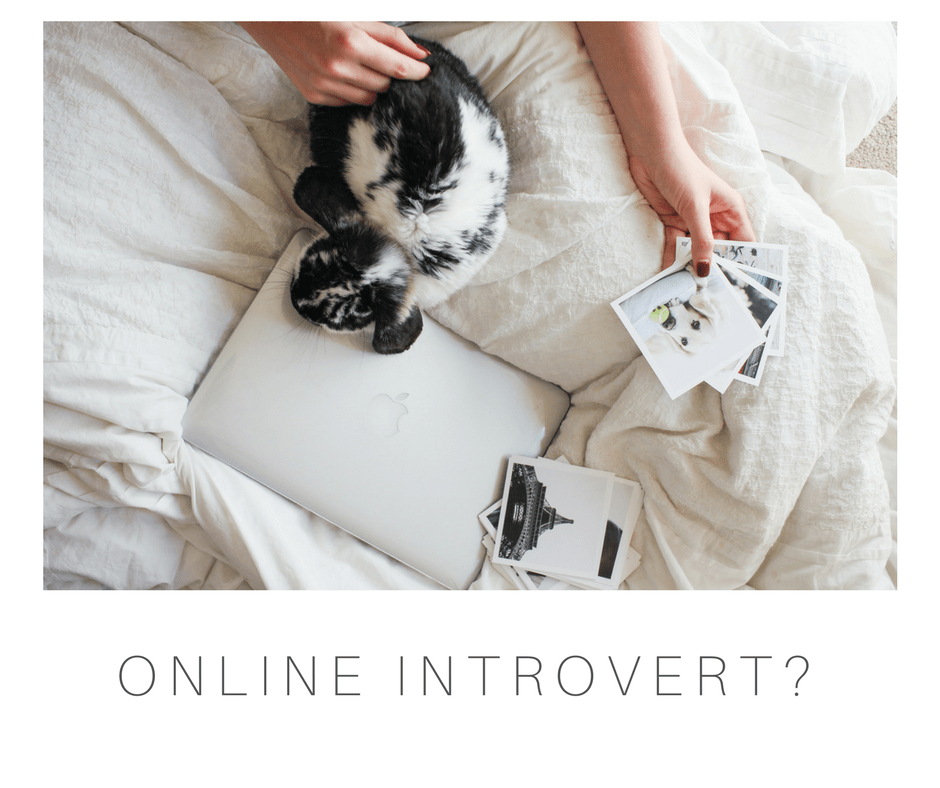 "Afisha Children" tells about some of them.
"Afisha Children" tells about some of them.
Hereinafter - illustrations from Debbie Tang's comic strip "Being an Introvert"
There are many introverts - from a third to a half of the entire population of the Earth. But this is little consolation when it seems that the child is too shy, lags behind lively peers and feels unhappy at school.
Alternate active and quiet activities
The nervous system of introverts and extroverts functions differently. Extroverts have muted reactions, so they seek external stimuli - bright lights, rumbling sounds. It recharges them.
Introverts, on the other hand, are more acutely aware of tastes, smells, sounds, and react more strongly to communication. A stimulating environment, such as a noisy school cafeteria, drains them. In order to relax and "recharge the batteries", an introvert needs a more relaxed environment - not necessarily alone, but certainly in a small company of close people.
Try to create such a daily routine for the introverted child so that active activities alternate with moments of “recharging” in silence. For example, after school, give him the opportunity to read, draw, or do some other favorite thing alone.
For example, after school, give him the opportunity to read, draw, or do some other favorite thing alone.
Give time to think
Introverts often find it difficult to formulate their opinion right away. When they are rushed to answer, they often fall into a stupor. This can be reflected in learning - when the teacher gives little time for reflection, the child can literally be dumbfounded. But this does not mean at all that he has not learned his lesson - he just prefers to carefully formulate the answer, and not blurt out anything.
If you give an introvert time to open up, he will show his best side. The researchers found that in the group, the contribution of introverts becomes more and more appreciated over time. Others understand that although introverts rarely raise their hand, they always voice something thoughtful.
At home, it is also important to consider this feature. When discussing something, give the child the opportunity to weigh everything and express an opinion later. The ability of introverts to focus deeply on a particular topic is a real gift. Let the child understand and use it.
The ability of introverts to focus deeply on a particular topic is a real gift. Let the child understand and use it.
Help to believe in yourself
At school, all the attention is often given to noisy, active children, against which an introvert can feel like a loser. The task of parents is to support his self-esteem. Tell your child that many great people are introverts, and this does not stop them from inspiring people.
Bill Gates admitted that he is an introvert. Warren Buffett, billionaire investor, too. Find examples of quiet people in an area that your child is interested in. Read their biography together.
Quiet people can be no less successful and effective than active people. To do this, they do not need to step over themselves - they just need to do the thing that they really like.
Set up your own space
It is critically important for an introverted child to have a personal space where he can feel safe, be in silence, relax and recharge his batteries. Own room. Corner in the library. Tree house. Cave of pillows and blankets.
Own room. Corner in the library. Tree house. Cave of pillows and blankets.
Let the child create such a place, do not disturb him (and do not disturb yourself) when he is alone. Do not rush to “pull out with tongs” how the day went and what was asked at home - perhaps after the school bustle he needs to be in silence, after which he will be ready to talk.
Tell us that you are always ready to help
Introverts tend to withdraw into themselves. Feeling "not like everyone else", they are embarrassed to talk about their feelings and worry in silence. Often they prefer to take on the whole burden of problems and not share with anyone.
Let the child know that his calm temperament, heightened senses, the need to be alone is normal. If he feels lonely, reassure him that you are always ready to listen and support. Do not demand from the child that he laid out everything that is in his soul - most introverts will close from such demands. Sometimes the best thing you can do is just hug your child and sit in silence.
Posters collections
performances for children and teenagers about financial literacy
performances for children at the New People festival
books for children and adults that will help you relax, relieve anxiety and stress
Not only performances: the book program of the Great Children's Festival
Events
Create a unique page for your event on « Afisha
This is an opportunity to tell a multi-million audience about it and increase attendance0065

065
Another look at the situation with Human Resources / Sudo Null IT News But there has not yet been a single one on the topic of seeing this whole picture as an introverted programmer. Who cares - welcome under the cat.
A bit about the subject of the situation
MySQL+PHP programmer, 31 years old, married.
True introvert:
- While all the teenagers dabbled in chewing gum liners, vodka and girls, he fiddled with electrical engineering, radio components, microcircuits, circuitry, zx spectrum, ibm pc, bbs, fidonet, internet, linux and further down the list.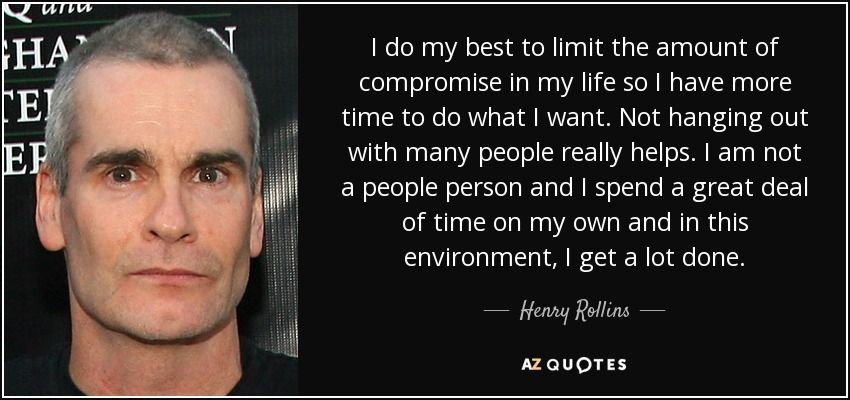
- The same image of a nerd, from whom everyone copied the solution of computer science problems at school and in programming courses, because he could not refuse them when they asked him.
- The very image of a “nerd”, who knew some aspects better than his teachers at school, at courses and at the institute, for which reason he sometimes entered into an argument with them.
- He left the institute when he realized that they would not give him anything new from practical knowledge in his specialty at the institute. And then he returned to correspondence only for the sake of "crust".
- It is very difficult to accept new people in your circle of friends.
- For whom it is excruciatingly difficult to do something that is connected with communication with unfamiliar people (everyone remembers the comic about the introvert? Everything is right on the point about him!).
- Able to concentrate on complex things, keep rather complex models in mind (until a colleague once again distracts on a less important issue).
— LII according to socionics (Logical-Intuitive Introvert).
— Interested in new technologies and willing to study them.
- There are a lot of points that are inherent in the real introvert.
True techie:
- analysis of toys in childhood (How does it work?)
- analysis of everything else at school age (How does this thing work?)
- a fan of circuitry (flip-flops, (de) encoders, adders, CPU, memory, data buses, I / O ports, etc.)
- the first computer zx spectrum (basic, assembler, protection of programs on film and floppy disks)
- ibm pc: basic, pascal, delphi, c, assembler (in short, everything is like everyone else)
- linux: compiling the kernel and other software, KDE under FreeBSD ©, fidonet node under Linux.
— internet: own sites, earnings on advertising in the 90s, seo-optimization, well, let's go...
- LAMP: Well, everything is clear here: First hello-world, first database query, first index, first query optimization, first nginx, first high-load optimization, first partitioning, first sharding, first NoSQL solution . ..
..
The subject has grown to the state in which understanding comes:
- The importance of not only the result of programming, but also the readability of the code, its reuse. In a word, the importance of programming culture.
- The realization that it is already impossible to learn all web technologies at the moment, since they appear faster and faster, and the rate of change of existing ones does not allow you to be aware of all their changes.
- The importance of the scope of a particular technology, and the details in the programming process can be quickly clarified on the Internet.
- There are many more points about what comes to mind with time to every adequate programmer in the course of his long-term activity.
And so, such a subject has quite a lot of life experience, great experience in programming, several interesting projects that he can talk about with pleasure, a rather broad outlook, many interesting hobbies not related to computers.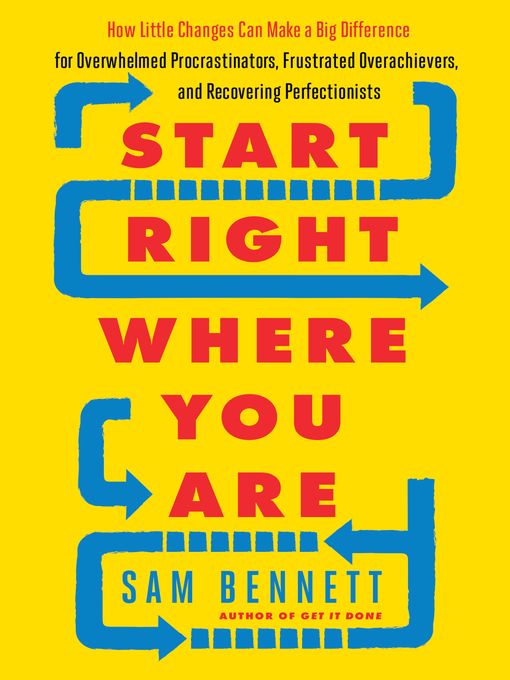 Now let's move on to the situation itself.
Now let's move on to the situation itself.
Situation
Since our subject is an introvert, he treats his current work duties and projects with great attention and responsibility: sometimes he stays for free, sometimes he comes early, sometimes he checks their work from home. That is, in general, he is passionate about his work. Together with thoughts like “How will all this work without me?”, “How will colleagues cope with all this without me?”, All this gives the effect that the subject works on duty at every place of work. At least 2-3 years in one place. As a result, the time comes when at the next place of work everything new has long been studied up and down, the current salary demotivates, and drooling over the working conditions that flash in various resumes on the headhunter.
A critical moment arrives, and our subject rolls out a detailed resume and starts going through the vacancies. And here is the first interview. An unfamiliar room, unfamiliar people, nervous tension . .. And here are the familiar companions of an introvert:
.. And here are the familiar companions of an introvert:
— Closure
- A state of stupor (when the brain is unable to give an answer to a fairly simple and obvious question)
- There are many other “fads” that generally result in a state of “dibilism” (forgive me for this word, but it quite accurately conveys this state) to one degree or another.
The most interesting thing is that the brain of the subject in this situation is perfectly aware of all this. There comes an understanding that "here it ... began ...". All this acts even more depressingly, which is why the internal nervous tension increases even more. It turns out a vicious circle, which is very difficult to break.
The result of this situation is sad:
On the part of the employer, a candidate came with an interesting resume who could not properly answer a single question. As a result, there are posts that people come for big money who do not know anything. I don’t speak for everyone, but a certain percentage of the “ignorant” are those same introverts.
On the part of the subject - guilt on himself for not being able to answer fairly obvious questions. Well, the accompanying demotivation, depression and low self-esteem. As a result, posts like this one appear.
The employer missed a valuable candidate, and the candidate missed a valuable employer.
And what's next? And then the subject goes to the second interview, third, fourth, fifth ... In the end, he gets to the employer who can evaluate his knowledge and experience in one way or another.
Who is to blame and what to do?
Both are to blame.
The employer is to blame because he could not build the correct system for assessing knowledge and experience, taking into account the various psychological types of candidates.
The subject is to blame for not trying to deal with their problems and fears.
The employer should use various tools in assessing the candidate's knowledge in addition to the usual office interview:
- relatively complex test tasks for several hours of work (there is little chance of finding a ready-made solution, and you can immediately assess the programming culture, the presence of comments and many other nuances).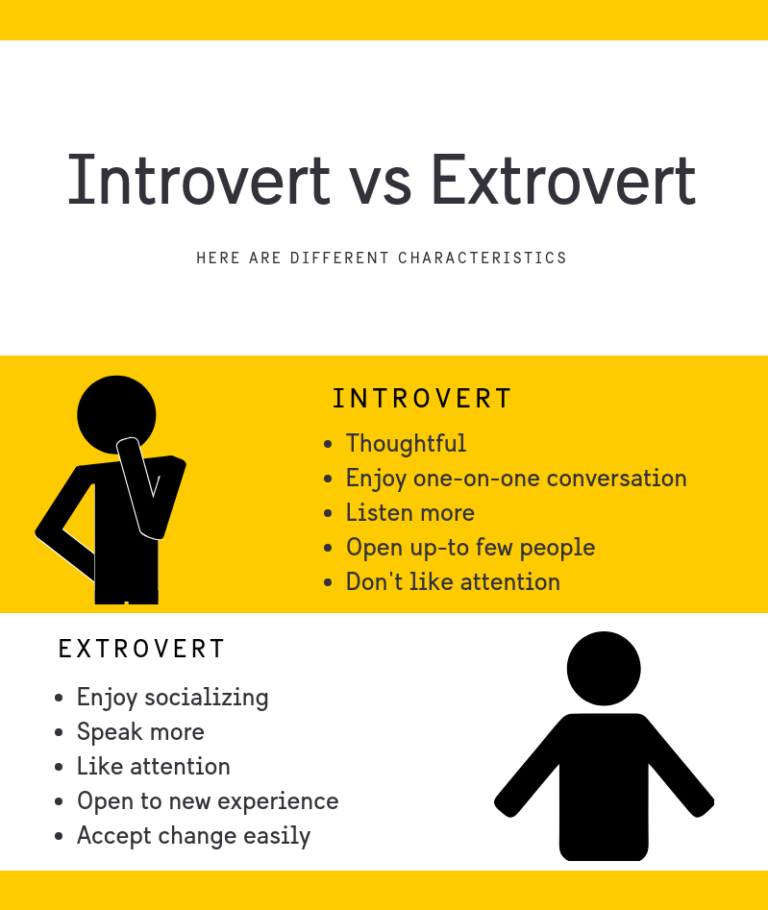 An introvert will gladly take on such a task if he is really interested in the position. It is important for him to show his result in practice.
An introvert will gladly take on such a task if he is really interested in the position. It is important for him to show his result in practice.
— an interview for other knowledge not related to IT topics (this allows you to identify the personal qualities of the candidate).
— Correspondence testing with a large number of questions.
- various indirect signs: the presence of own projects, profiles on popular IT resources, and so on.
Separately, I want to talk about antipatterns:
- telephone interview with oral tasks. First of all, a verbally assigned task to a programmer is a big chance that the task will be misunderstood the first time. Secondly, it is very difficult for an introvert to concentrate on a task in such conditions. A deceiver may well google answers to questions. I especially did not expect this kind of interview from Badoo.
- minor questions regarding syntax during a face-to-face interview. For example, I have used the iconv function several thousand times, but I constantly forget the sequence of parameters. Or I constantly forget whether there is a mysqli_fetch_assoc function or not. But I know where all this can be easily looked up if necessary. An introvert's answer to such petty questions is quite obvious: I don't know, but I can google it. For it is impossible to remember all the little things. Especially if in stressful situations the introvert forgets a lot. And in this case, it all starts to look like a game of roulette: did this question fall into the area of \u200b\u200bwhat you remember, or did not hit it.
Or I constantly forget whether there is a mysqli_fetch_assoc function or not. But I know where all this can be easily looked up if necessary. An introvert's answer to such petty questions is quite obvious: I don't know, but I can google it. For it is impossible to remember all the little things. Especially if in stressful situations the introvert forgets a lot. And in this case, it all starts to look like a game of roulette: did this question fall into the area of \u200b\u200bwhat you remember, or did not hit it.
- Employers very often have a substitution of concepts: they are looking for a good specialist, and they take only one who was able to successfully pass their "system" of interviews. Feel the difference? “good specialist” != “successfully passed interviews”. I have witnessed many times how they hired a “solid headache” that went away after 2-3 months, just because this “headache” scored the most points in the test at the interview, and in fact it turned out that she She doesn't know how to code, she just has a good memory.